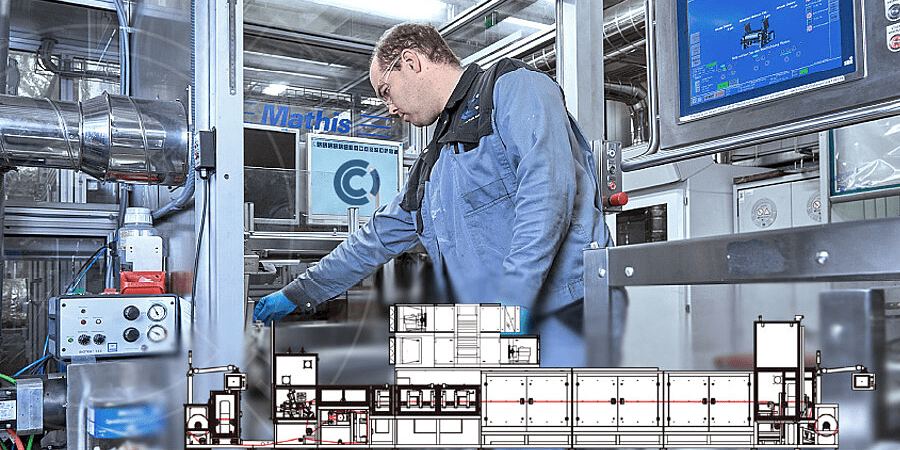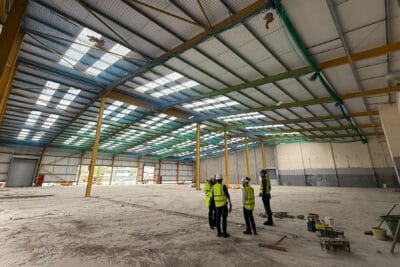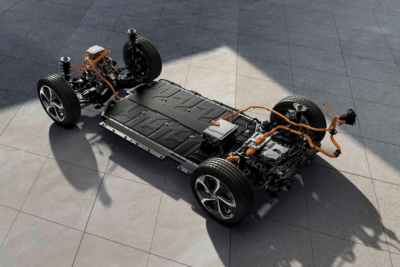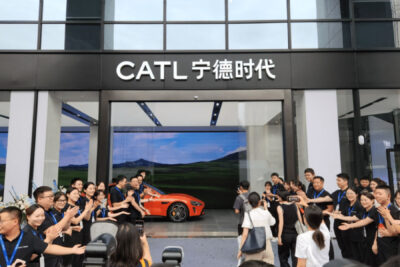Porsche battery cell JV Cellforce Group awaits approval
The planned battery cell joint venture between Porsche and Fraunhofer spin-off Customcells becomes more concrete. The German antitrust authority (Bundeskartellamt) is looking into the Cellforce Group with reports suggesting that P3 will be the third partner in the new company.
News of a merger of expertise between Porsche and Customcells reached us almost exactly a year ago for the first time. Back then, P3 Automotive had not yet been confirmed, and the JV was just freshly founded. Already back then, the choice of partners likely built on a joint project, KomVar, in which Customcells, P3 Automotive and the Centre for Solar Energy and Hydrogen Research Baden-Württemberg (ZSW) were establishing a research production facility for lithium-ion cells in Tübingen, South-West Germany.
The city of Tübingen remains the likeliest location for a Cellforce Group battery factory. Not only had Porsche suggested in 2019 that the facilities were able to produce different cell designs and cell technologies in large series quality; Tübingen is also close to their own headquarters in Stuttgart.
According to Kartellamt, Porsche wants to produce battery cells for special sports vehicles through the new group. Cells for the current series model Taycan and the upcoming Macan come from LG Chem with battery pre-assembly at supplier Dräxlmaier. These plans are also in line with Porsche wanting to keep on their own path despite Volkswagen’s unification efforts. At the Group’s ‘Power Day’ in mid-March, Porsche CEO Oliver Blume announced a silicon-based anode instead of the usual graphite. Blume said at the time that the company wants to work on new materials and more efficient cooling solutions for performance cells for road-going sports cars and motorsports.
Smaller or special series manufacturing also suits partner Customcells, a spin-off from the Fraunhofer Institute for Silicon Technology. The company claims to be among the leading suppliers of “special lithium-ion cells” or more precisely of “application-specific battery cells from prototypes to small and medium-sized series”.
The German antitrust authority has not disclosed a timeline for giving the Cellforce Group the go-ahead. Porsche did not comment either.
Back in April 2020, Porsche was also waiting to hear whether the EU would classify the facility as an IPCEI project (Important Project of Common European Interest). IPCEI may receive state funding. The planned battery cell production of PSA subsidiary Opel in Kaiserslautern and the battery cell production of BMW near Munich both count as IPCEI. The German government intends to invest around three billion euros in various battery cell projects.
handelsblatt.com, automobilwoche.de (both in German)





0 Comments